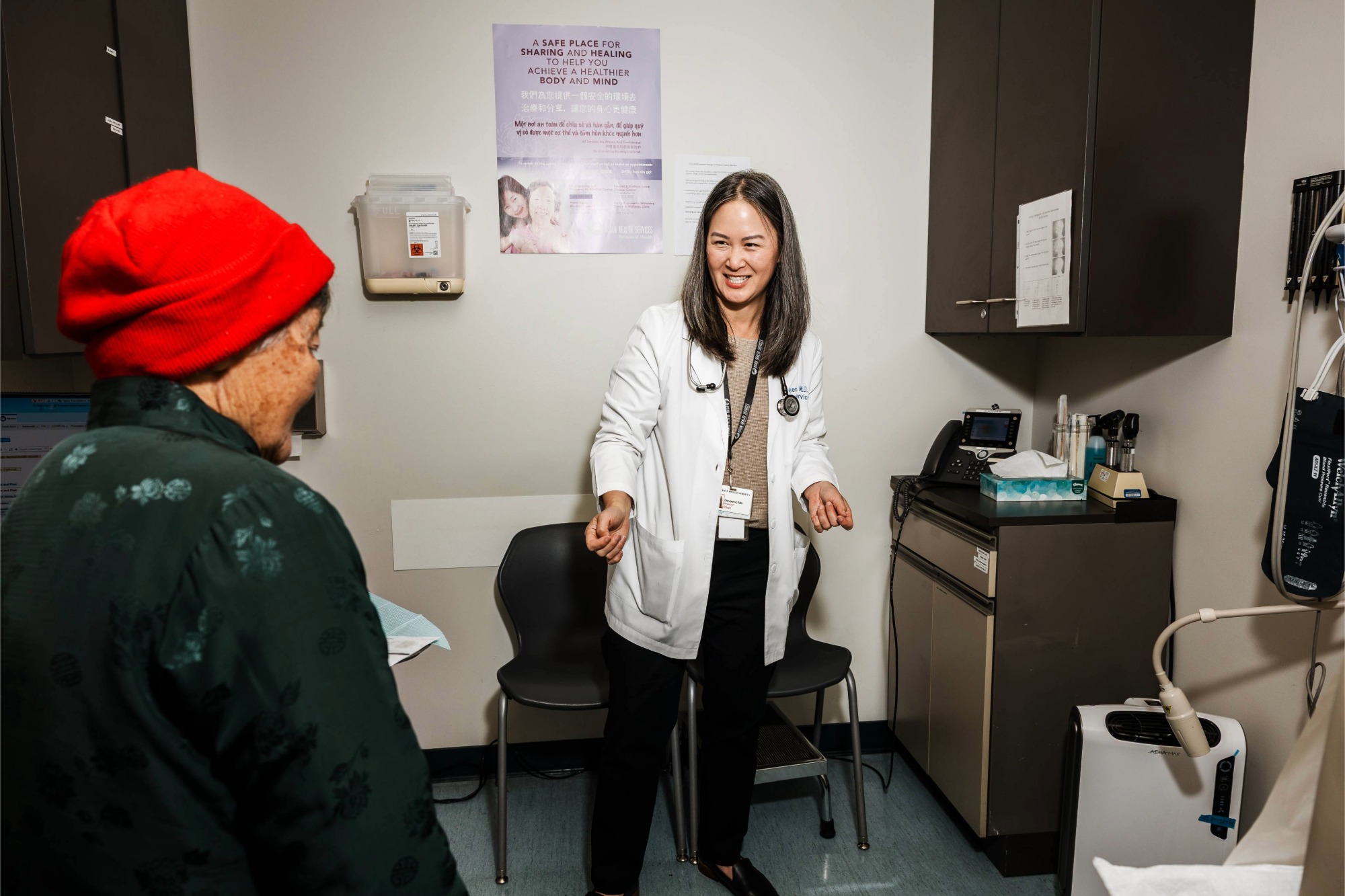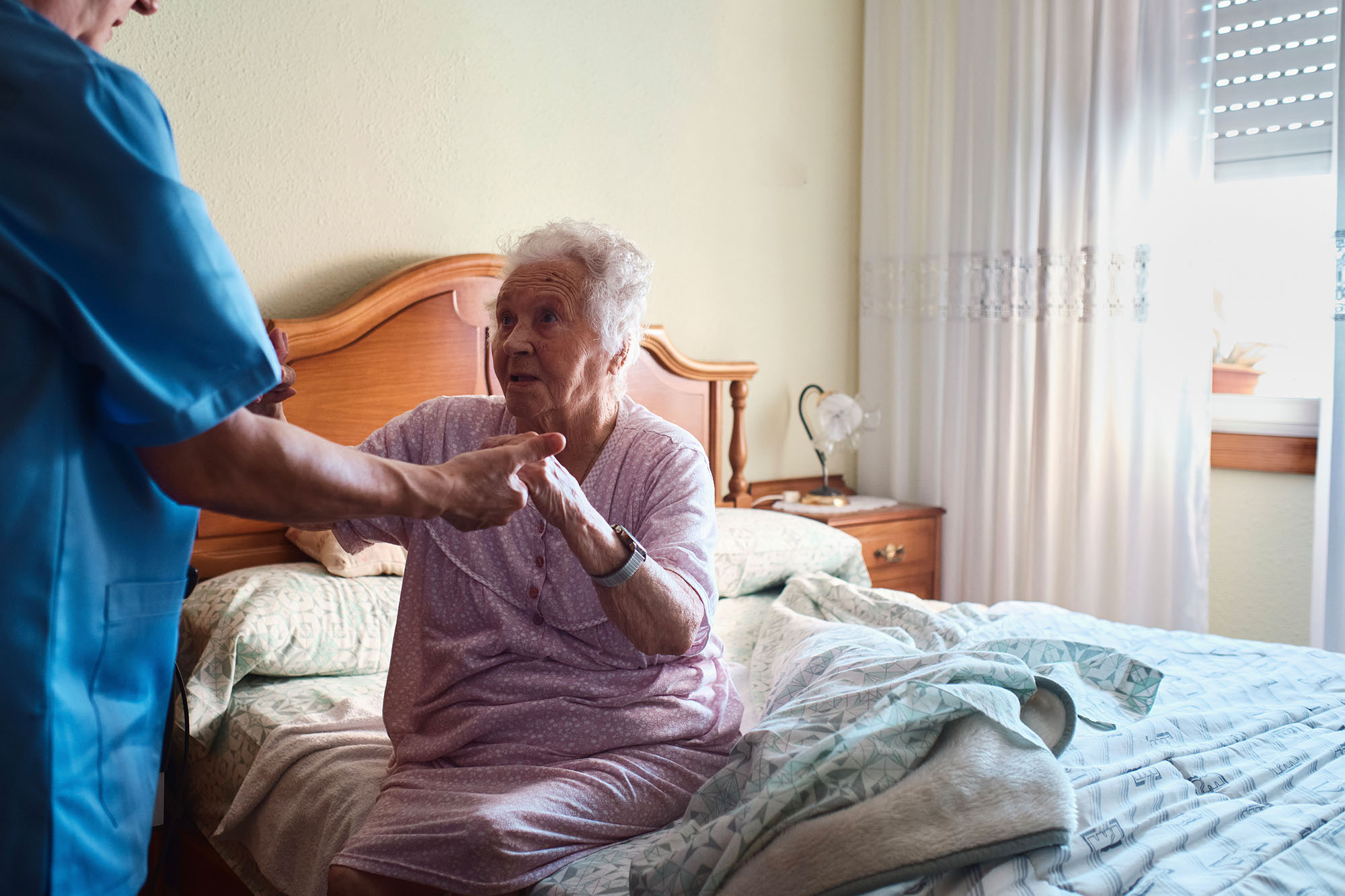Opportunity: Adjust payment practices and policies to align with optimal care models.
Potential stakeholder actions:
State and federal regulations do not specifically mandate payment models or amounts for specialty palliative care. This has led to health plans and health systems offering home-based and outpatient palliative care with varying combinations of services, using multiple payment mechanisms, and providing different levels of compensation to providers. The absence of payment-related requirements has contributed to variation in practice and outcomes and threatens provider sustainability. In a 2023 Coalition for Compassionate Care of California survey of Medi-Cal managed care plans and their contracted PC providers, 86% of responding plans believed their palliative care program was sustainable, but only 50% of providers shared this perspective. In this same survey, 50% of providers also said the compensation they received was inadequate to cover the scope of services they were asked to provide. Underfunding the palliative care team due to a mismatch between the expected scope of services PC providers should deliver and the actual cost of delivering these services can compromise the sustainability of services, clinical outcomes, patient experience, and impact on health care costs.
“The way in which payment is structured drives the way in which care is provided. Until payment models change, the care will not change. Paying for interdisciplinary care will not only support the development of palliative care but also serve as a model for the rest of the health care system in a time when workforce . . . is becoming more and more of an issue.”
—Coalition for Compassionate Care of California 2023 Annual Summit participant, health plan worker
Optimal Model of Palliative Care
The National Coalition for Hospice and Palliative Care outlined recommendations for integrating palliative care capabilities and specialists into population-based models:
- Comprehensive assessment of symptoms and stressors affecting quality of life
- Expert management of symptoms and stressors by an interdisciplinary care team
- Patient and caregiver education and support, explaining what to expect, clarifying goals and values, supporting shared decisionmaking, and advance care planning
- Aide services to meet personal care needs
- Care plan coordination across all providers and community services, including formal relationships with community organizations
- Ongoing support of patients and families including telehealth with round-the-clock access
Action: Use bundled payments that align with optimal care delivery models.
Two primary payment models support home-based and outpatient palliative care: bundled payments and fee-for-service (FFS). In a bundled payment model, a single payment covers the delivery of a specified set of services, typically by a multidisciplinary team, over a defined period. Under FFS, a provider bills and receives payment for each encounter or service delivery instance. Between these two models, only bundled payments provide incentives for delivering the best palliative care model, which includes a team consisting of disciplines that can rarely bill for services under FFS (e.g., nurses, chaplains, care navigators, social workers) and extensive coordination activities between face-to-face visits, which usually go uncompensated.
Payers offering palliative care benefits, whether voluntary or due to regulatory mandates, should adopt a bundled payment model for home-based and outpatient palliative care. The adoption of bundled payments seems to have substantial support from those who pay for palliative care. In a 2023 Coalition for Compassionate Care of California survey of Medi-Cal managed care plans, 67% of the responding plans reported using a bundled payment model. Furthermore, the California Advanced Illness Collaborative, involving four health plans and 10 provider organizations, also endorsed bundled payments as the preferred payment model.
Payment amounts can be informed by data describing economic outcomes of palliative care and incorporate provider input regarding the time required to deliver specified services. Plans and providers should also consider using bonus payments or similar structures to align incentives, like offering supplemental payments when enrolled members avoid emergency department visits or unplanned admissions.
“The monthly case rate enables provider flexibility with care delivery. Incentive payments align the provider care to the health plan’s needs.”
—James Cotter, MD, MPH, Associate Medical Director, Health Services Department, Partnership HealthPlan of California
Action: Build the evidence base related to payment model and amount.
Investing in the evidence base is needed to bolster the confidence of payers who have not yet transitioned from FFS to bundled payments. The analyses should generate information customized to meet the needs of health plan actuarial staff, who are responsible for modeling the economic outcomes of payment models and policies. Specific data points of interest to actuarial staff would include:
- Provider effort required to deliver a specified set of services, including number, duration, frequency, and location of visits/activities, by discipline
- Characteristics of the enrolled population
- Cost of delivering palliative care
- Impact on total costs of care
In addition to bolstering the confidence of payers, strengthening the evidence base also holds the potential to influence state and federal policies and requirements.
Resources from the Field
- Palliative Care in Medicaid Costing Out the Benefit: Actuarial Analysis of Medicaid Experience (National Academy for State Health Policy)
- Summary of Studies That Compared Home-Based Palliative Care to Usual Care and Assessed Economic Outcomes (PDF) (Coalition for Compassionate Care of California [CCCC])
- Home-Based Palliative Care: Payment and Delivery Models for Short-Term Interventions (PDF) (Center to Advance Palliative Care)
- State of Medi-Cal Palliative Care: Findings from the Annual Plan and Provider Surveys (PDF) (CCCC)
Actions for Stakeholders
Learn more about each action (PDF), including how all stakeholders can commit to this opportunity.
For full source information, see California’s Palliative Care Evolution — Opportunities to Further Advance Palliative Care in California (PDF).






